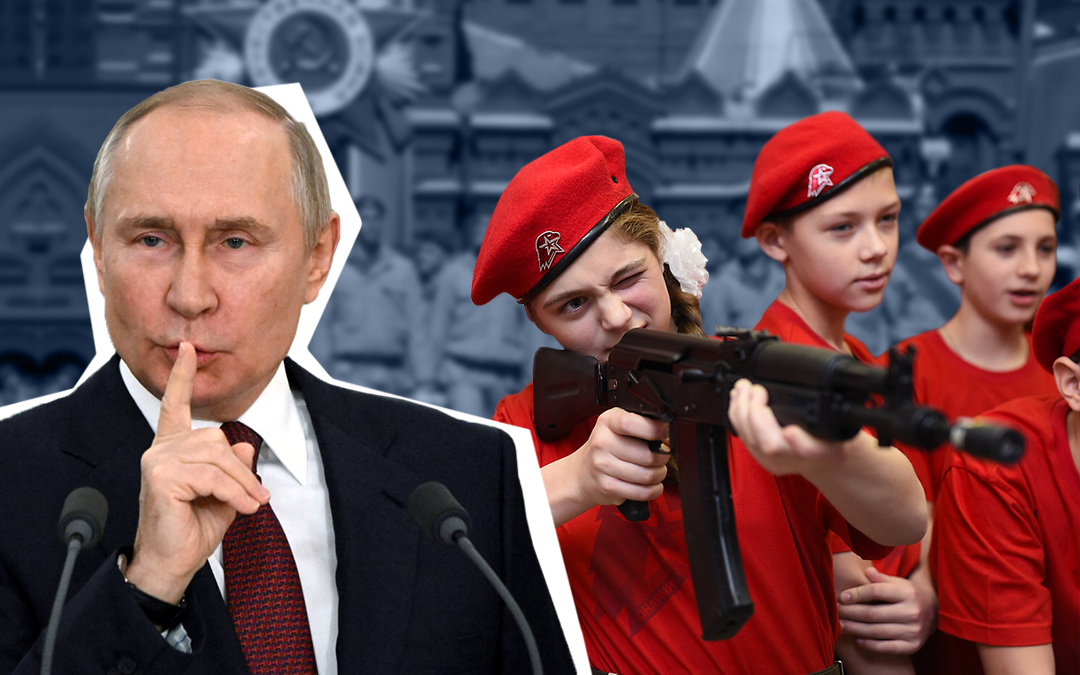
Putin's youth army: How Russia is turning kids into soldiers
From alternative history at school to training in combat skills, Moscow has employed its military-patriotic education both on Russian and Ukrainian children in occupied territories.
The Power Within: The Kyiv Independent’s first-ever magazine. Be among the first to get it.
pre-order nowTeam
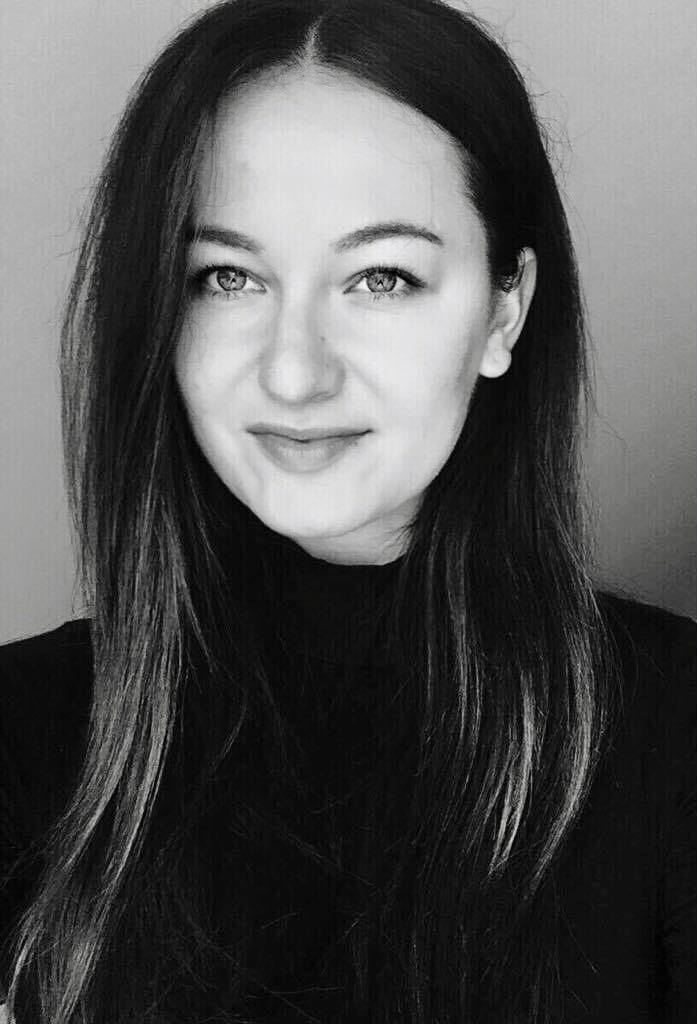
Iryna Matviyishyn is a video reporter at the Kyiv Independent. She previously worked as a freelance journalist with various international media. She was also an analyst, a video producer, and a project coordinator at UkraineWorld. Iryna studied journalism in Lviv and holds a master’s degree in human rights and democratization from the Global Campus of Human Rights in Europe.

From alternative history at school to training in combat skills, Moscow has employed its military-patriotic education both on Russian and Ukrainian children in occupied territories.
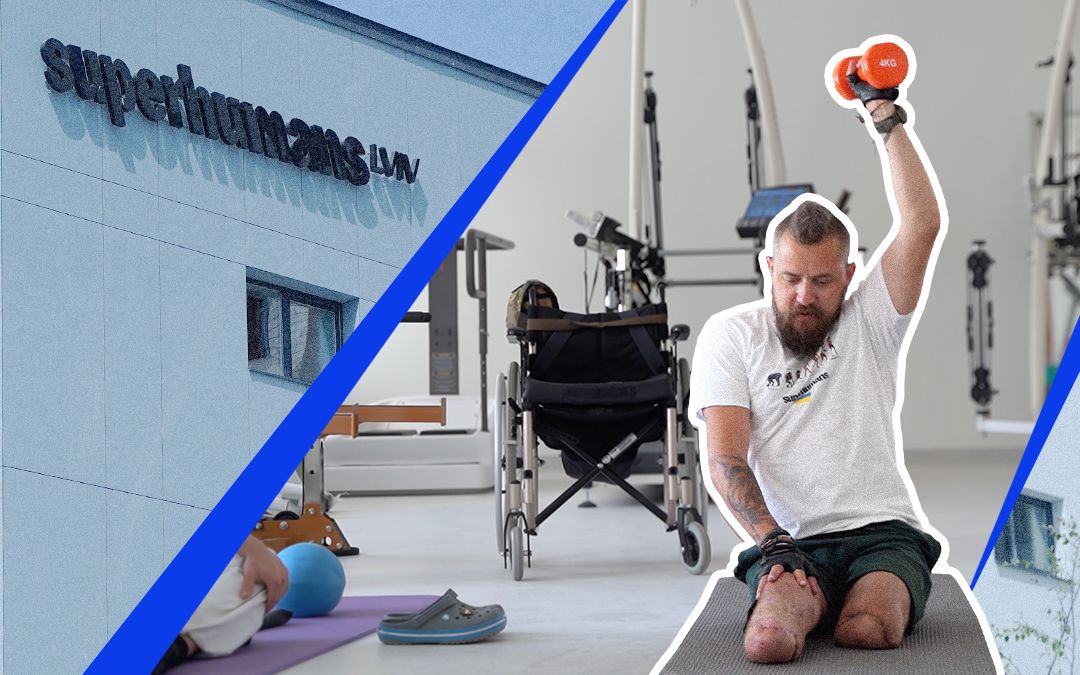
Ruslan Lysenko and Serhii Kopyshchyk are among those who have taken on the challenge of getting back on their feet by obtaining prostheses at the Superhumans Center near Lviv. Watch their journey.
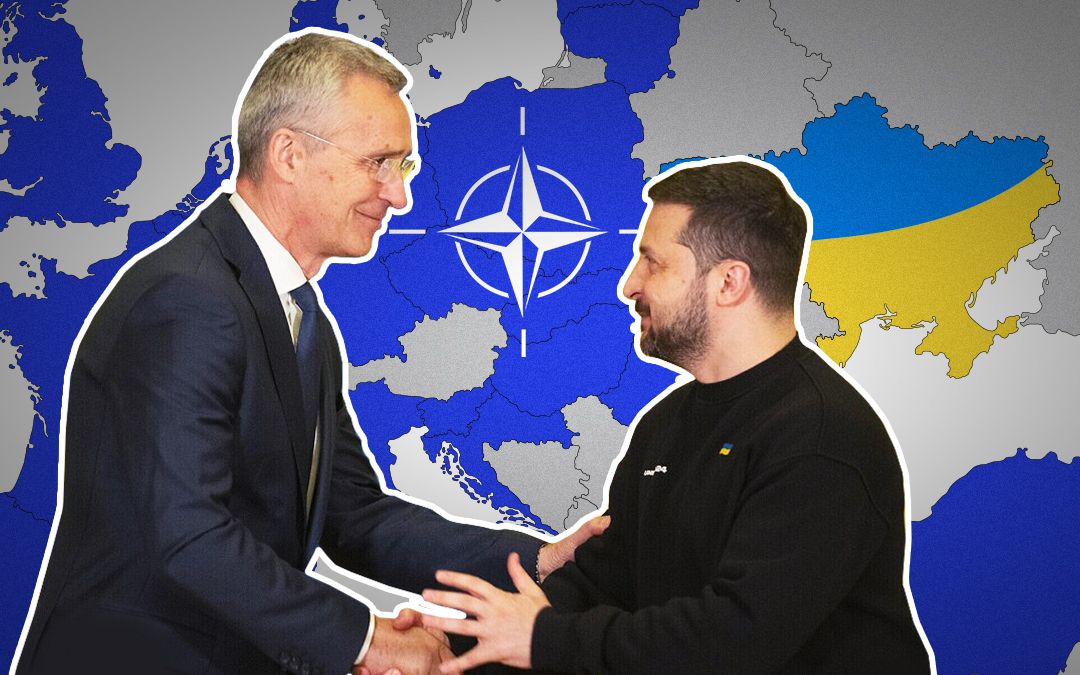
Throughout Russia's brutal war, Ukraine has actively sought assurances from NATO regarding its future membership in the Alliance. Why does Ukraine aspire to be a part of NATO? What are the prospects for this accession, and how might NATO also benefit from it?
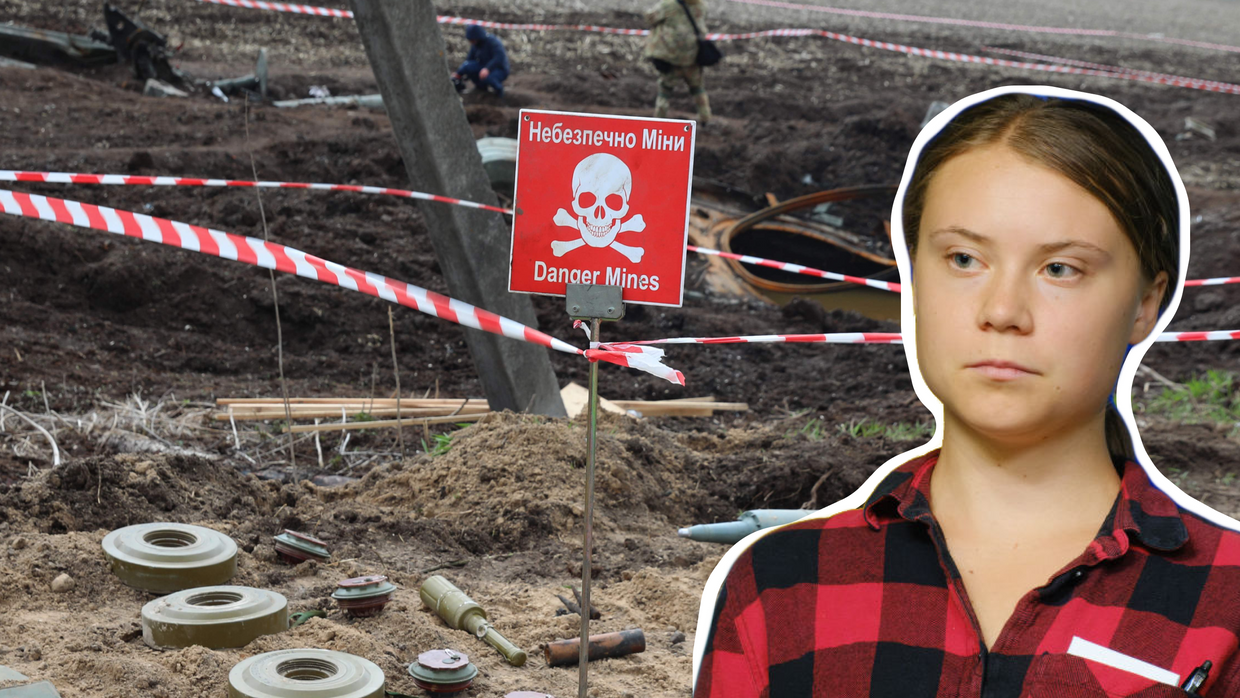
Russian war crimes extend beyond human suffering. The environmental impact of this war might take Ukraine decades to recover. Officials have already labeled this destruction of nature as "ecocide." So, what exactly is ecocide? Find out in our explainer.

In the final episode of Ukraine's True History, we took on the challenge of explaining one of the darkest, most contentious, yet vital aspects of Ukraine's past - the evolution of nationalist movements in the 20th century, which paved Ukraine's way to freedom.
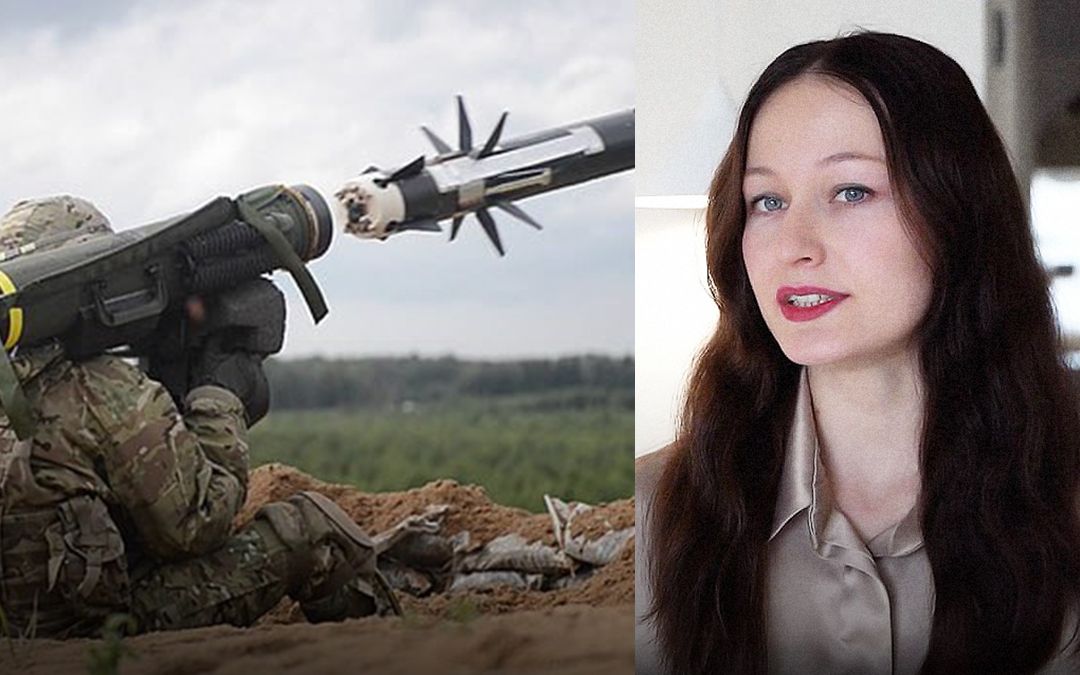
Among all of Ukraine’s allies, the U.S. has been the most generous in providing military assistance during the full-scale Russian invasion. While its weapons have been crucial in helping Ukraine withstand Russian aggression, some Americans have spoken out against their country “paying” for the war. But is this
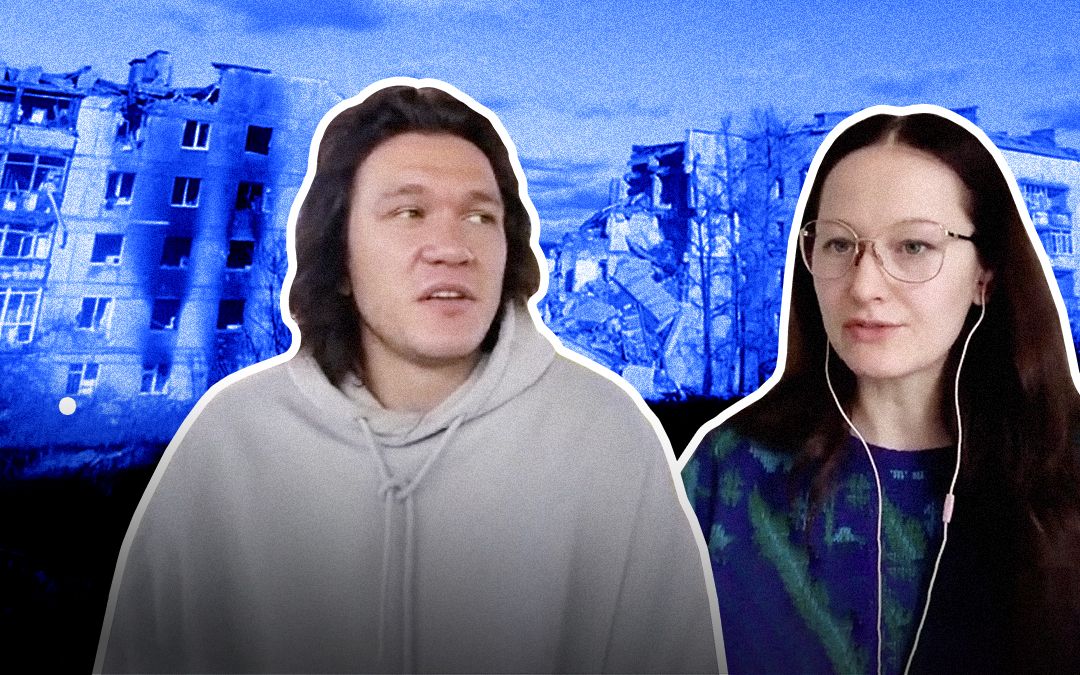
British photographer turned volunteer Ignatius Ivlev-Yorke and his team have evacuated thousands of Ukrainians to safer locations in Ukraine and abroad. We spoke with him about evacuation challanges and why people refuse to leave despite danger.
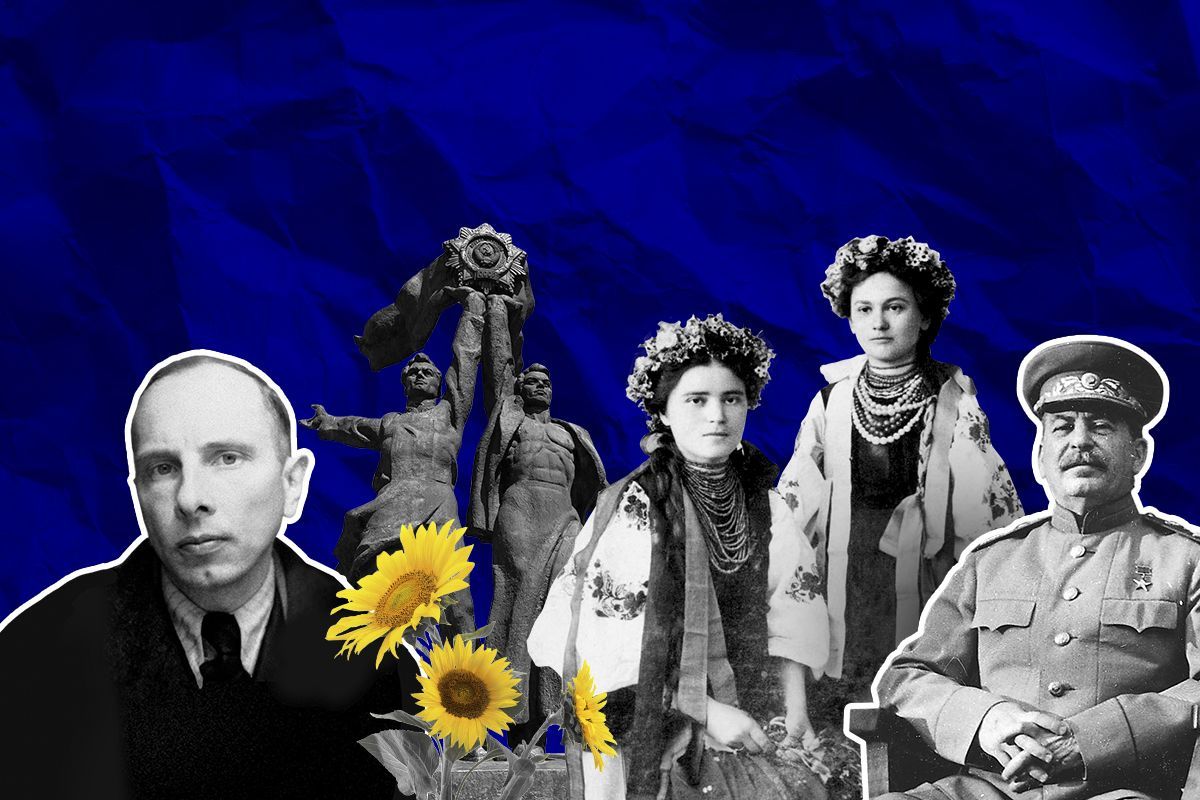
In the first episode of the Kyiv Independent's new series – "Ukraine’s True History" – we explain and debunk the 10 most common misconceptions about Ukrainian history that Russian propaganda has been spreading for years.
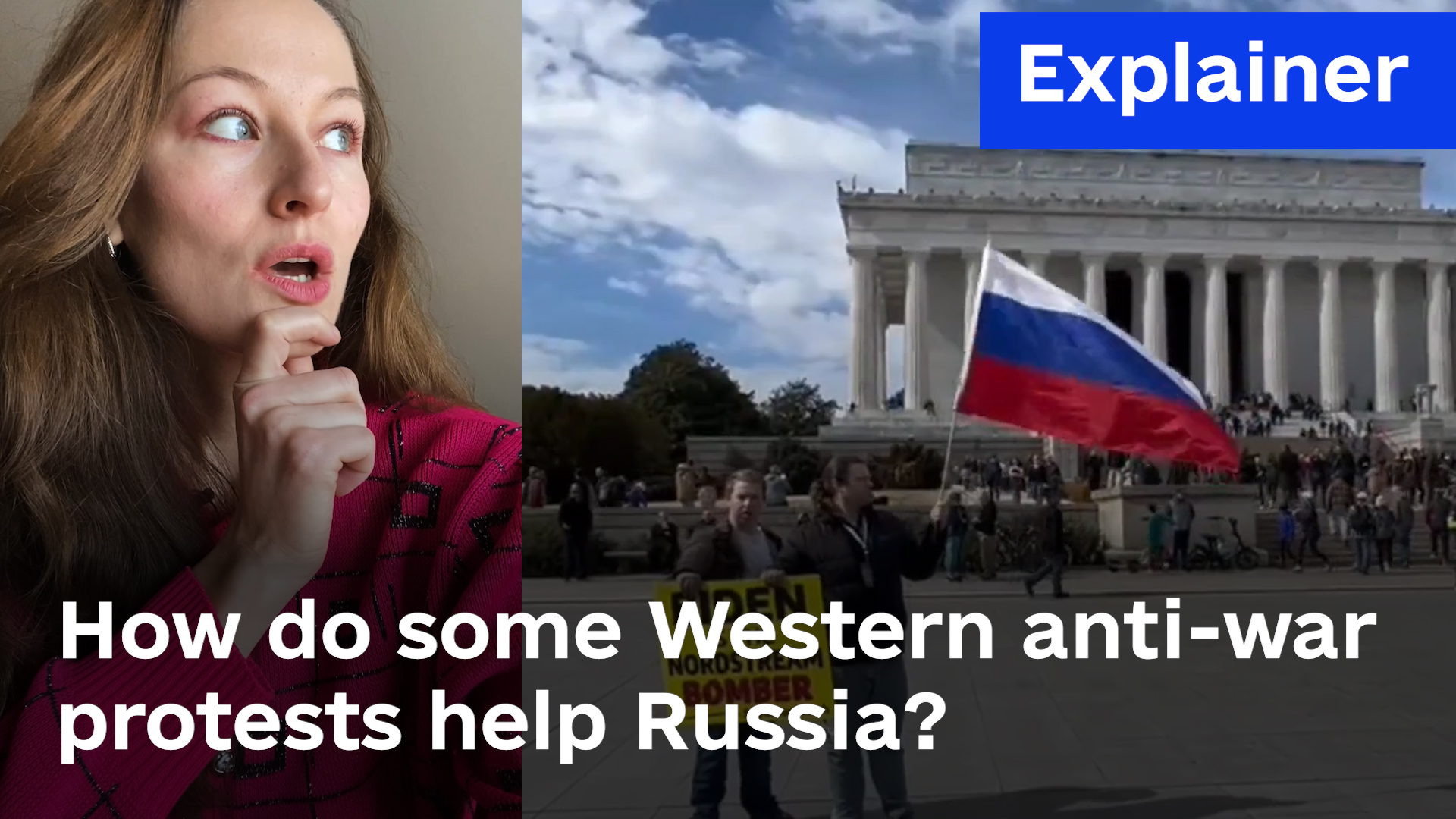
The so-called “anti-war” rallies in Europe and the U.S. have marched against arming Ukraine, which in the demonstrators’ view would bring an end to Russia’s war of aggression. In reality, such protests play into Russia’s hands.
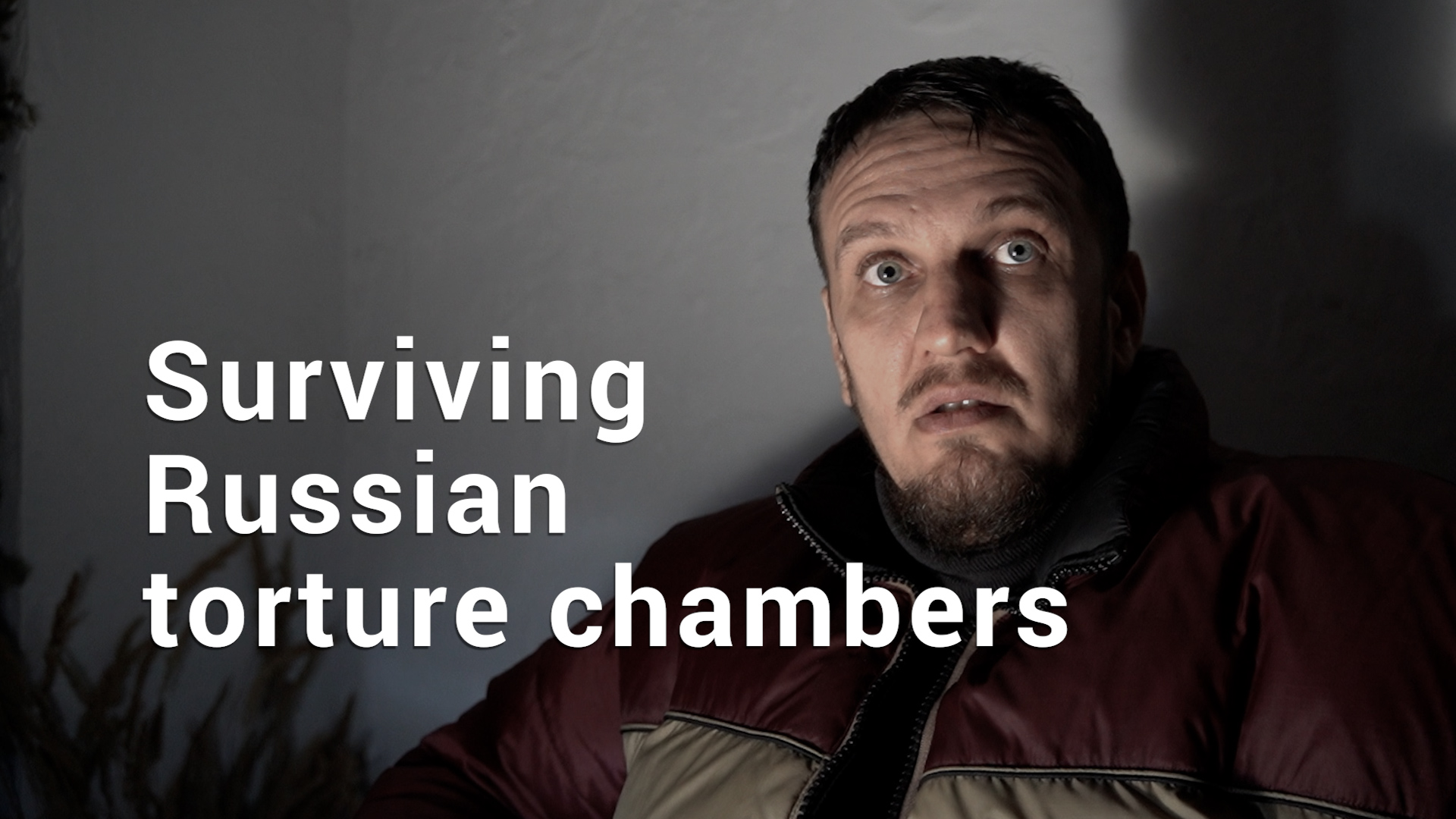
Two survivors spoke to the Kyiv Independent about what they had endured.
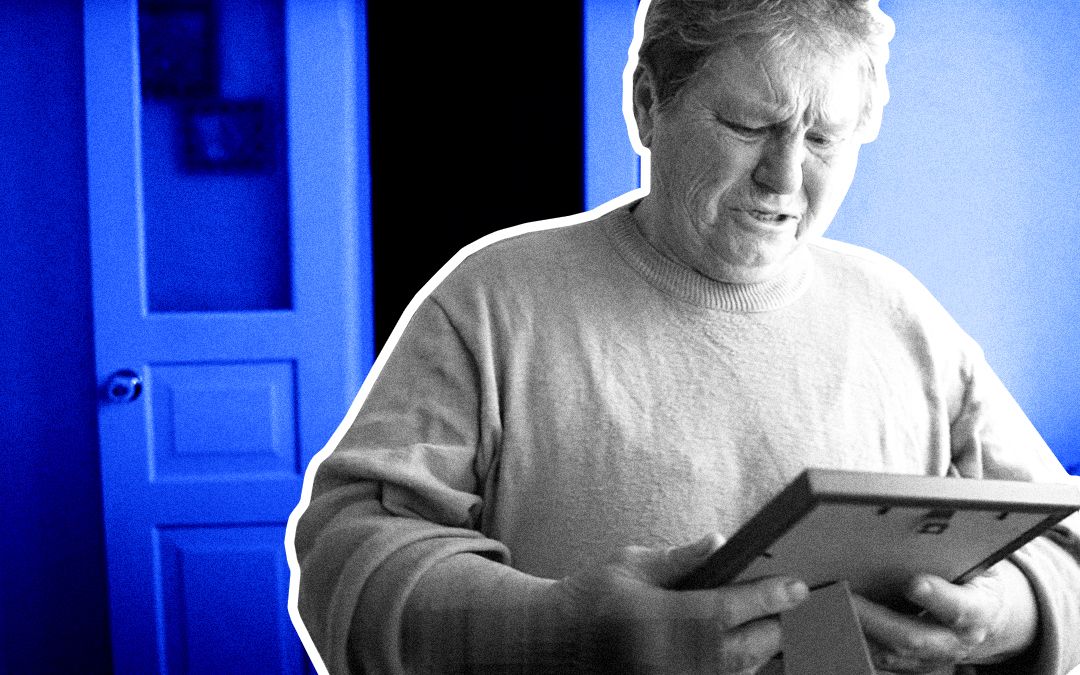
The liberation of Ukrainian settlements from Russian occupation inevitably comes with the revelation of new war crimes committed by Russian soldiers. In the liberated village of Chornobaivka, Kherson Oblast, at least 18 people were killed during its occupation.
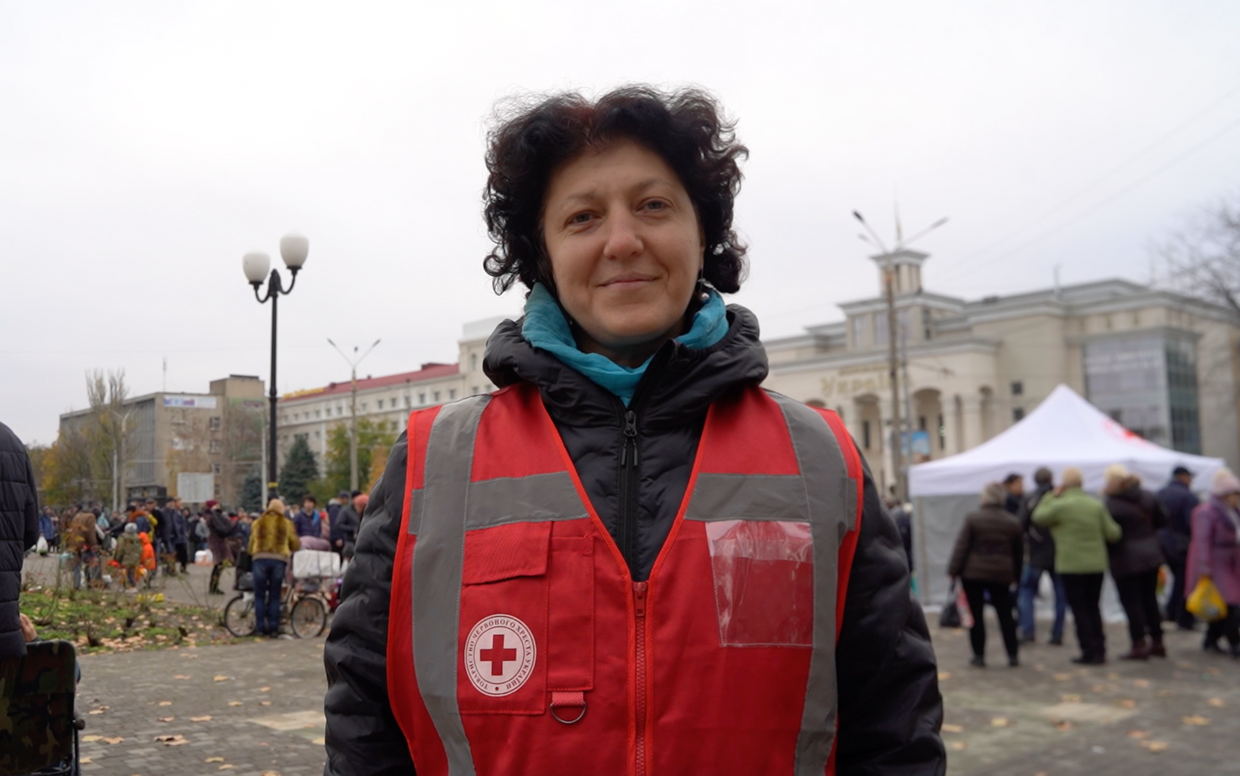
The humanitarian situation has been worsening in Kherson since Russian forces occupied the city in March and continues to be difficult even after liberation. Local volunteers share how they helped fellow residents by delivering medicine and food .
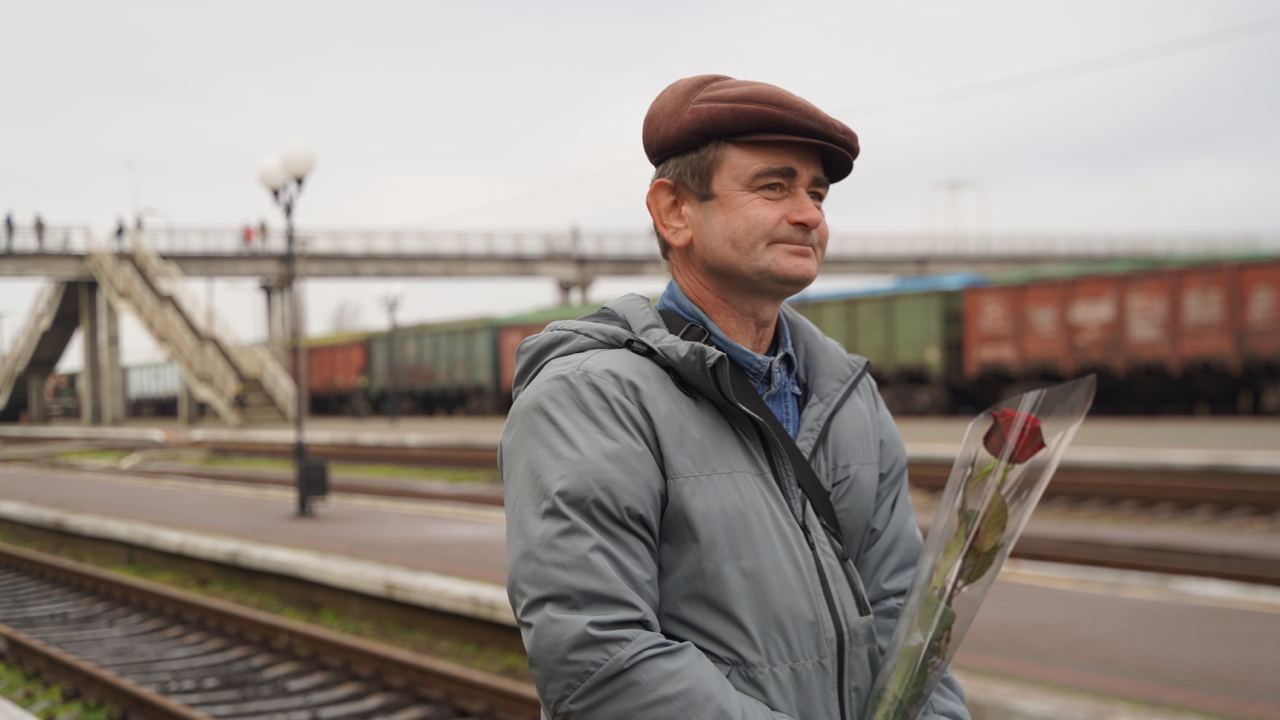
Dozens gathered at the Kherson railway station on Nov. 19 to greet the first train from Kyiv that arrived in the city after eight months of Russia's occupation. Many have reunited with their loved ones for the first time in months.
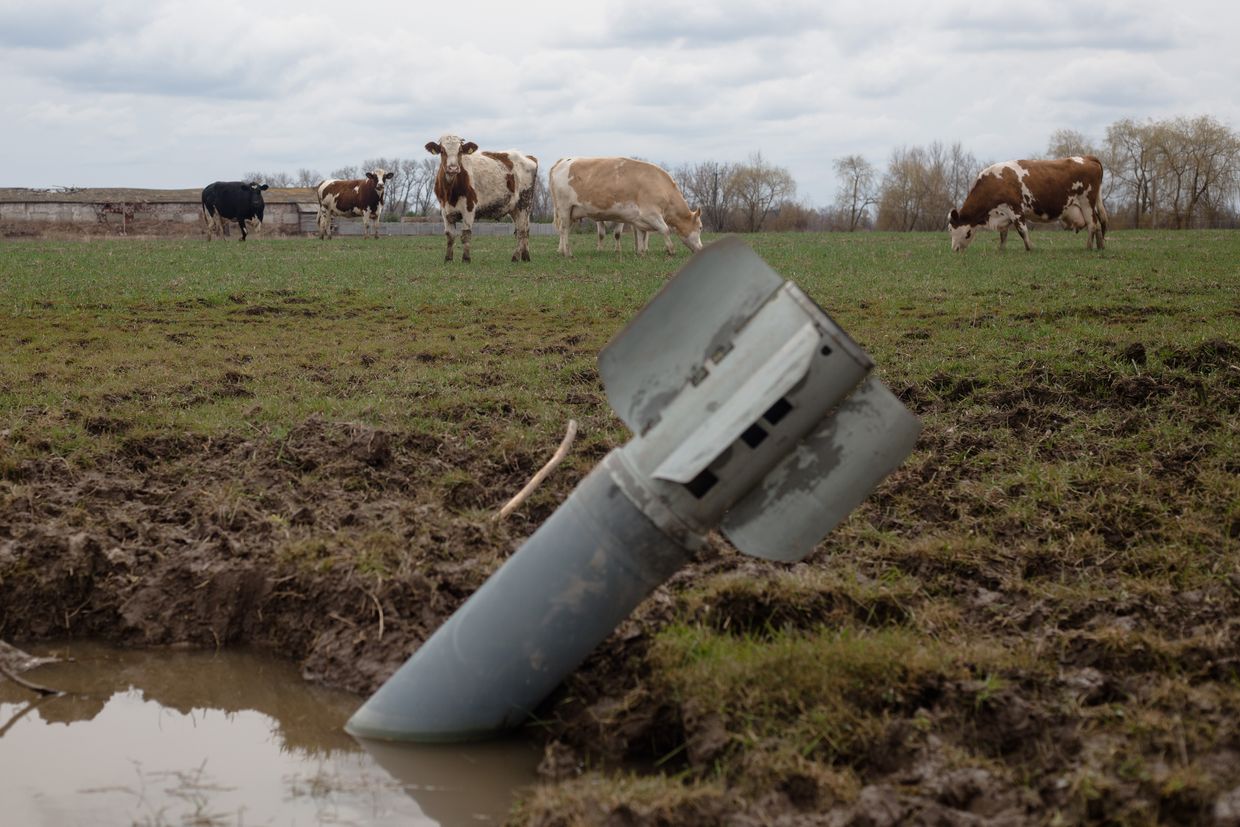
Like many other villages in northern Ukraine, Lukashivka was among the first to take the brunt of Russia's full-scale invasion. For almost the entire month of March, its residents lived under shelling and occupation as the Russian army was destroying their homes and killing their neighbors.

On Oct. 18, Moscow-installed proxies in occupied Kherson announced an organized relocation of Ukrainians to the Dnipro River’s east bank, away from the city. Many media, even some in Ukraine, called it an evacuation. The Kyiv Independent’s Iryna Matviyishyn explains why it’s a dangerously wrong label.
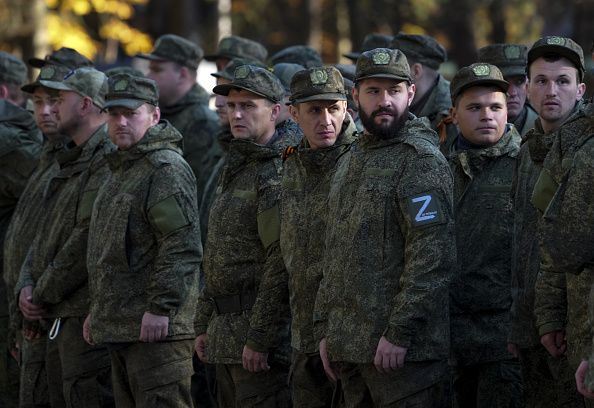
On Sept. 21, Russian dictator Vladimir Putin announced a "partial mobilization." Russia aims to draft at least 300,000 new soldiers. The Kyiv Independent explains why the mobilization doesn't appear to be "partial" as Putin claims and what it could mean for Ukraine.



